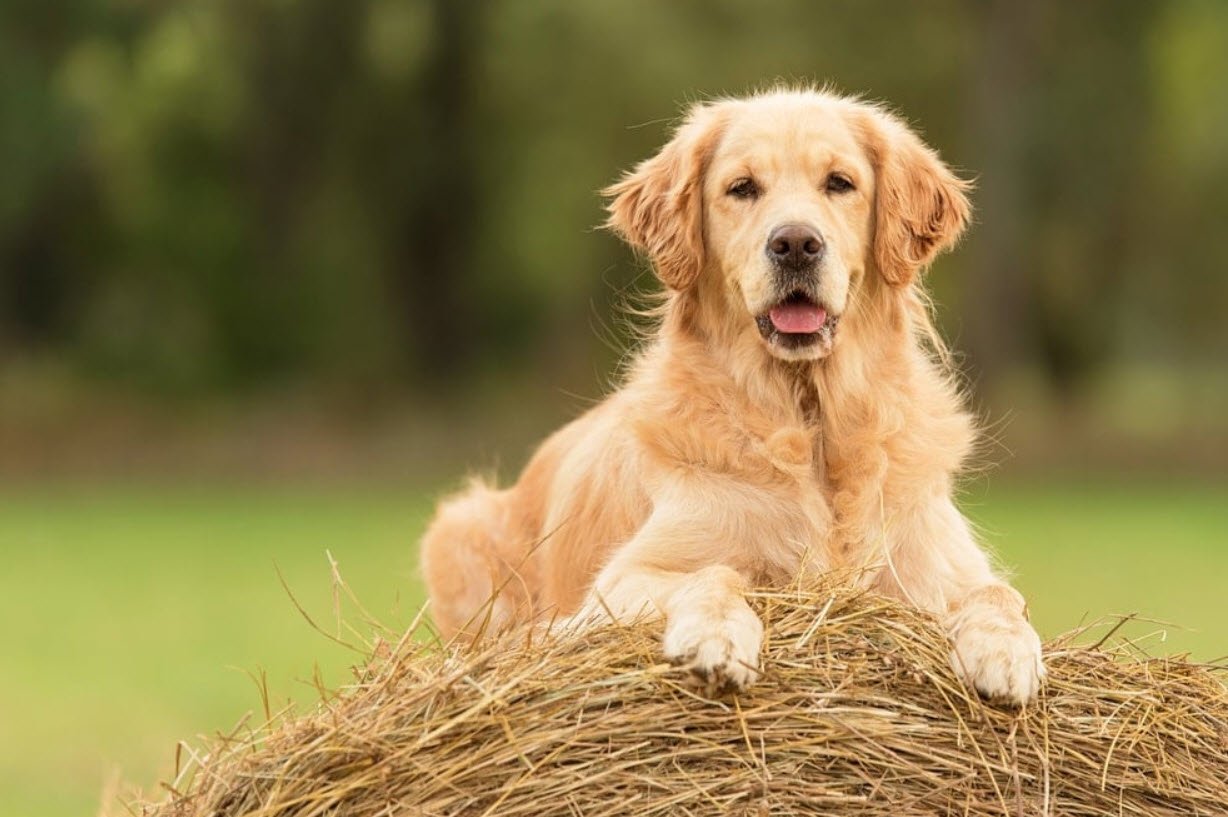
Vegetables are not only a vital part of a human’s diet, but they can also be a great addition to a dog’s nutrition. Many vegetables are not only safe for dogs but can also provide numerous health benefits. They are low in calories, rich in essential vitamins and minerals, and often high in fiber, making them excellent supplements or training treats for your furry friend.
Here’s a list of vegetables that can be a valuable addition to your dog’s diet.
- Asparagus
- Spinach
- Broccoli
- Lettuce
- Sweet Potatoes
- Carrots
- Peas
- Celery
- Pumpkin
- Green Beans
1. Asparagus
Asparagus is a nutritious vegetable that can be fed to dogs in moderation. It’s a good source of vitamins A, B6, C, and K, as well as folate and fiber. Asparagus can be given to dogs in small, bite-sized pieces or steamed for easier digestion.
2. Spinach
Spinach is packed with vitamins and minerals, including iron, vitamins A, B, C, and K. It’s a great addition to your dog’s diet when given in moderation. Spinach can be served fresh or steamed, but it’s important to avoid seasoning or adding any harmful ingredients.
3. Broccoli
Broccoli is a powerhouse of nutrients for dogs, containing vitamins A, C, and K, along with fiber and antioxidants. It’s best served steamed to improve digestibility. However, be cautious not to include any seasoning or sauces that could be harmful to your pet.
4. Lettuce
Lettuce is a safe vegetable for dogs, providing hydration and fiber. While it may not have as many nutrients as some other vegetables, it can be a low-calorie treat or a crunchy addition to your dog’s meal.
5. Sweet Potatoes
Sweet potatoes are an excellent source of vitamins A and C, as well as fiber and antioxidants. They can be served cooked, mashed, or even sliced into bite-sized pieces. Sweet potatoes make a tasty and nutritious training treat for your dog.
6. Carrots
Carrots are a well-known favorite among dogs. They are low in calories and high in vitamins A and K. Carrots can be given raw, steamed, or cooked, making them a versatile and enjoyable snack for your furry companion.
7. Peas
Peas are a good source of vitamins A, B, and K, along with fiber and various minerals. They can be served fresh, frozen, or cooked, making them a convenient option to mix into your dog’s meals.
8. Celery
Celery is a low-calorie vegetable that provides vitamins A, B, and K, as well as fiber. It can be a crunchy and hydrating snack for your dog, but remember to cut it into small, manageable pieces to prevent choking.
9. Pumpkin
Pumpkin is not only a tasty treat but also beneficial for digestion. It’s rich in fiber and can help with digestive issues like constipation or diarrhea. Plain, cooked pumpkin (not pumpkin pie filling) can be a great addition to your dog’s diet.
10. Green Beans
Green beans are low in calories and high in fiber, making them an excellent option for dogs, especially those needing to manage their weight. They can be served cooked, steamed, or even frozen for a refreshing snack.
Always consult your veterinarian before introducing new foods to your dog’s diet to ensure they are suitable and safe. While these vegetables can be beneficial for dogs, moderation and portion control are key to a balanced and healthy canine diet. Including vegetables as supplements or training treats can contribute to your dog’s overall well-being and make mealtime a joyous and nutritious experience for them.








